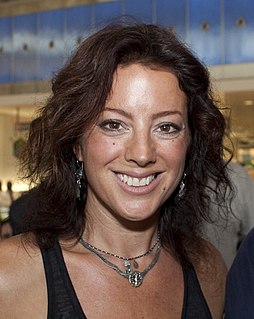A Quote by Shirley Geok-lin Lim
"Stop Already" is a fairly new poem in a group that was just published by Feminist Studies, which is why I sent them to you.
Related Quotes
'Royal Beatings' was my first story, and it was published in 1977. But I sent all my early stories to 'The New Yorker' in the 1950s, and then I stopped sending for a long time and sent only to magazines in Canada. 'The New Yorker' sent me nice notes, though - penciled, informal messages. They never signed them. They weren't terribly encouraging.
I was writing everything. I grew up in Albany, New York, and I was never any farther west than Syracuse, and I wrote Westerns. I wrote tiny little slices of life, sent them off to The Sewanee Review, and they always sent them back. For the first 10 years I was published, I'd say, "I'm a writer disguised as a mystery writer." But then I look back, and well, maybe I'm a mystery writer. You tend to go where you're liked, so when the mysteries were being published, I did more of them.
A review of seventy-four clinical trials of antidepressants, for example, found that thirty-seven of thirty-eight positive studies [that praised the drugs] were published. But of the thirty-six negative studies, thirty-three were either not published or published in a form that conveyed a positive outcome.
It was early on in 1965 when I wrote some of my first poems. I sent a poem to 'Harper's' magazine because they paid a dollar a line. I had an eighteen-line poem, and just as I was putting it into the envelope, I stopped and decided to make it a thirty-six-line poem. It seemed like the poem came back the next day: no letter, nothing.
All these things, social media or [smart] phones or the things that distract us from each other, are fairly new. They're all fairly new inventions, and I think we're in a stage where we sort of as a whole have gotten these new toys and we're just obsessed with playing with them. I feel like after a period of adjustment it will inevitably be a regression from where we are now.
It used to be, if you wanted to have a strong, influential voice in the feminist movement, you really needed to be part of this New York/D.C. elite group of feminists, or part of a mainstream feminist organization. And now it's kind of an amazing thing that you can just start a blog and put your voice out there and build your readership.
I cannot imagine why a woman would ever call herself anything but a feminist. But a man calling himself a feminist, what does that mean? The answer is he wants to be taken as a good guy. Your choice is between saying you're a feminist and raising a flag at a "Take Back the Night" rally and being a men's rights activist, which is basically the only two ways men have of talking about gender right now, I mean that's just ridiculous. That's just two extremes that are totally useless.
I think that blogging and the Internet has completely changed feminism for ever, I think. You know, it used to be, 10 years ago, if you wanted to have a strong, influential voice in the feminist movement, you really needed to be part of this New York/D.C. elite group of feminists, or part of a mainstream feminist organization. And now it's kind of an amazing thing that you can just start a blog and put your voice out there and build your readership.




































